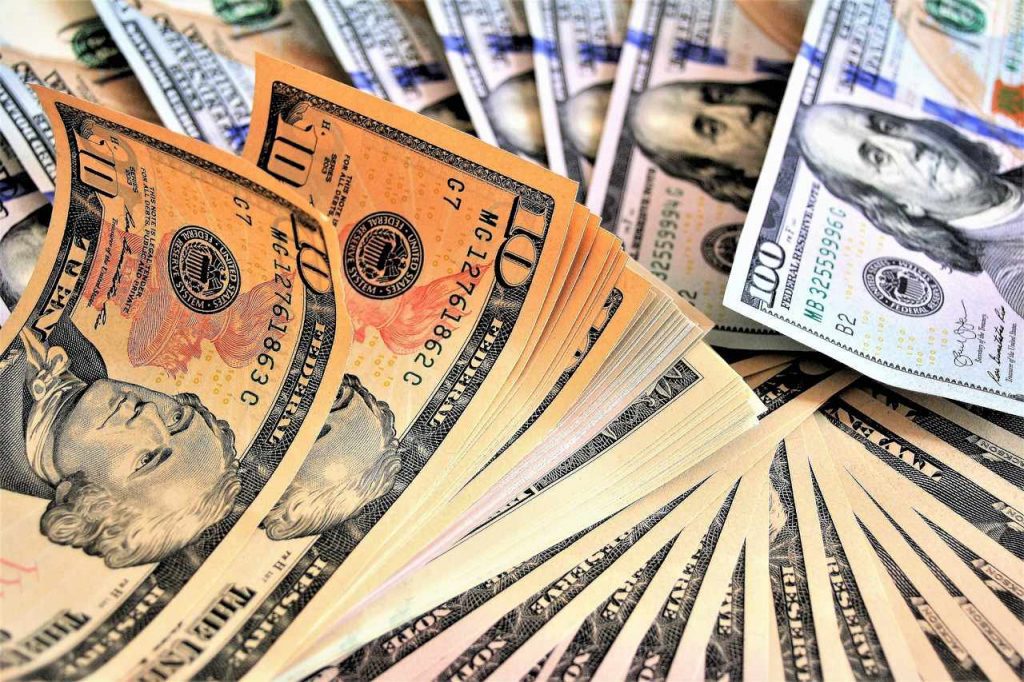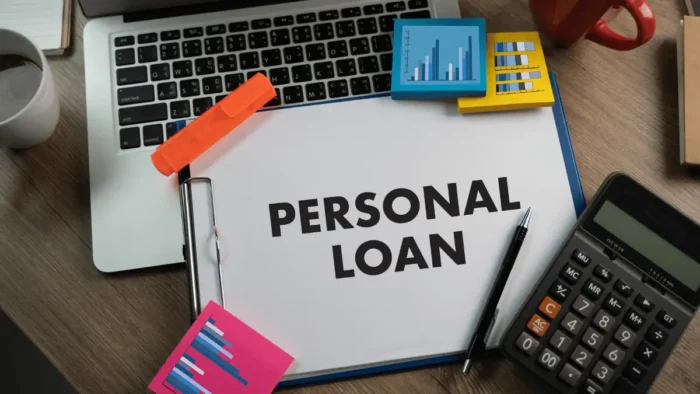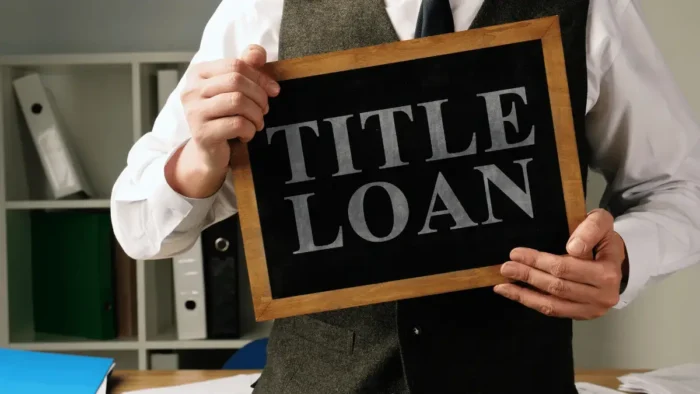The first thing you need to understand before borrowing money is the difference between a secured loan and an unsecured loan. Each has its advantages that are dependent on what you need the money for, and each comes with different expressions of risk.
Let’s say, for example, you begin with a secured loan that places your home or car at risk if you default. Then, as your business or endeavor progresses, you find that you need more funds and opt for a secured personal loan from a credit card or lender. The availability of both methods gives you access to potentially more money, but the risk involved must be tolerable – and understanding fosters an appropriate assessment.
The Specifics: Understanding the Secured Loan
With a secured loan, you need to have a home, car, valuable jewelry, heirloom – something asset that can be used as collateral in the event of a default. This collateral is necessary to get a lender to provide you with the loan in the first place, and it acts to “secure” her extension of funds to you.
It’s important to understand that the lender – which can be a bank, institution or person – does not actually take possession of your property while you are responsible for the loan. A lien is placed on it, and you can continue to use the actual item as if it was yours. Given that you have to actually put something of worth up, you can generally obtain larger amounts of money with a secured loan since the rationale is that you don’t want to default on the loan and have to lose your home (or whatever was put up). But of course, the risk is much greater than with an unsecured loan.
An Unsecured Loan is Often Preferable
This varies, of course; the primary benefit is that you don’t run the risk of losing something physical if circumstances crop up that cause you to be unable to pay in a timely fashion – or at all, for that matter. It is the most common type of loan for that very reason.
More in-depth, an unsecured loan is given to you on the basis of your credit score and overall credit history. That is, essentially, the “collateral,” in a sense. More accurately, the interest rate you’re charged – which is based mostly on your creditworthiness as it appears on your credit report.
As you can see, then, if you have bad credit, then you can expect the interest rates you command to be quite high from lenders who are willing to give you an unsecured loan. Nearly all credit cards, personal loans from banks or others, students loans and auto loans can be of the unsecured variety. For obvious reason, these are preferred by people who may not have an acceptable form of collateral with which to obtain a secured loan.
The good thing is that, with the ubiquity of the internet, obtaining an unsecured loan is easier today than it ever was in the past. Not only can a personal loan from a trusted vendor get you the money you need, it has the potential to increase your credit rating in the eyes of other vendors, which lowers interest rates on future lines of credit.



